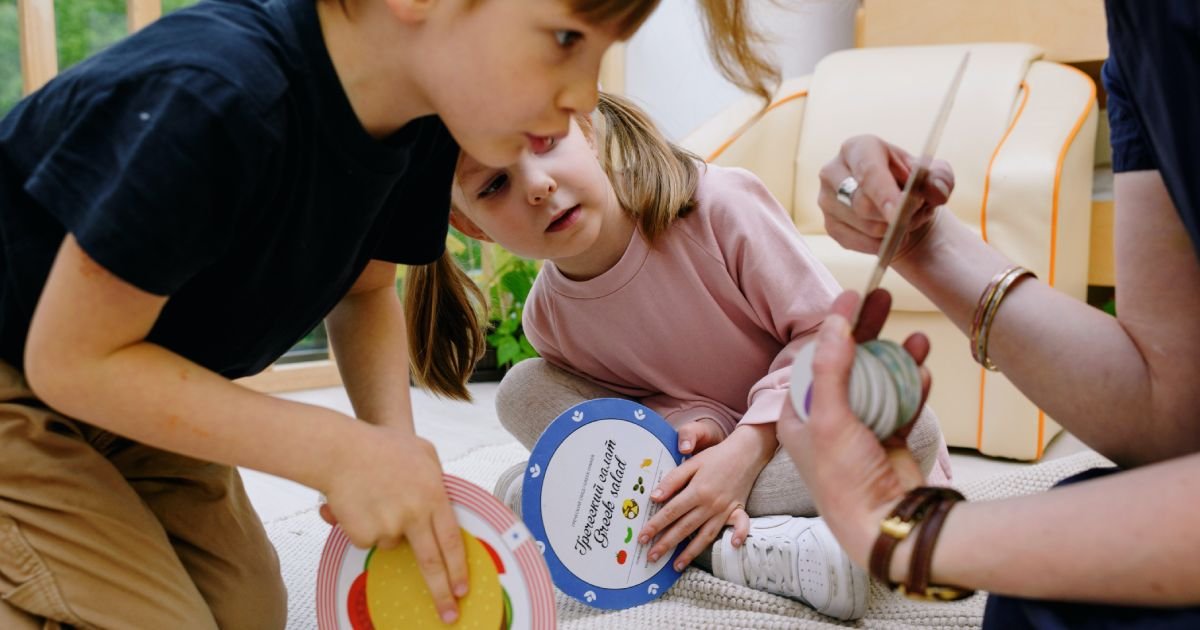The new way of life has forced parents to strap on yet another role, being their child’s teacher. Homeschooling has become the norm, with children getting their tasks and assignments online or via virtual sessions, but the responsibility of ensuring that work is done and knowledge is absorbed lies on the parent.
While you adjust into your new role, why not think about expanding it a bit and take this chance to impart some money wisdom too. The earlier your child is able to grasp that money has value, the earlier they will be able to appreciate that value and start making positive money decisions.
This is not a one-time course that can be taught, rather you have to make it a part of your daily communication with your child. There is a lot that can be done, but if you aren’t already there, begin by doing these three things.
1. Give your child some pocket money
Pocket money as the name suggests is a small amount given usually to children so that they can buy things they like with their ‘own’ money. In my childhood pocket money was literally a small figure of ₹10 or ₹20 and used mainly to buy chocolates or comic books or balls to play with.
Children today are growing up in a very different world where access to most things is plentiful and there are various gifts they receive that take care of their toy collection and their chocolate collection. Nevertheless, there is always something new a child will crave. Clearly, the amount given as the monthly pocket money will be a lot more today, but when your child desires something beyond that amount it can be bought by saving up.
Giving your child pocket money makes them responsible and automatically makes them understand the value of money.
The mistake parents make is to give children monthly pocket money and at the same time fulfil their every need by buying things for them. This is counterproductive. Even if you can afford to, let your child learn to save and then savour what they buy with their pocket money. They may have to be satisfied sometimes with less than what they desire but, that is how they will understand the value for things and for money.
2. Say ‘No’ for things they don’t need
Often parents feel obliged to buy everything their child asks for. It’s really unnecessary to do that. You must learn to say no.
If you haven’t already noticed, your child loses interest in every new thing you buy them within a few days.
We hold birthday parties every year and with that comes dozens of gifts, but think about how many your children really play with? So, why burden them with this dilemma of choice that they can’t make. Even today a pair of children, no matter what age, will be happier playing a game of ludo or snakes and ladder, rather than some exotic board game.
It’s not necessary to give your children all different kinds of shoes and clothes, they will outgrow it all in a few months.
If anything, this lockdown should have shown us that children are happiest when they get to spend time with their family, the instrument of play or the toy is most insignificant.
If you hadn’t done it before, start saying NO. You may not have been able to buy as many toys or gadgets for your children in the last few months, but hopefully you haven’t replaced those with a lot of junk food, candy and screen time at home.
Giving in to their every desire will make them believe that it all comes easy – the stuff, the junk and the gadgets.
Whereas, the truth is that parents work hard to give their children all the comforts in life. They shouldn’t take it for granted and parents shouldn’t feel obliged.
There is a balancing act you need to do here and start saying NO for some things while accepting some other demands.
Your NO today will go a long way in making your child stronger for the crossing the hurdles that lie ahead.
3. Teach them to give rather than take
Taking is easy and with all the gifts from relatives and friends, why not. Then come the birthday parties, the festivals and visits. In all fairness, children don’t know any better, if someone is gifting then why not?
How nice would it be though if, from an early age, children are introduced to the satisfaction and the joy that comes with giving.
Giving without the expectation of getting something in return.
Giving teaches you that the value of money goes beyond your own needs and desires. It teaches you how important money is when it comes to helping others.
You may not want to inculcate a habit in your children to just give away money especially since they aren’t earning yet. But gifting toys and clothes from their collection which are in good condition or sharing candies or saving their pocket money to buy something for a friend. These kinds of gestures which are inherently selfless also go a long way in teaching children about value; the value of money, things and human beings.
We all have different ways of teaching our children and introducing them to concepts we feel will help them later in life.
Many a times though, we forget to teach them about the value money brings to life, which is one of the most important resources we all have to live a comfortable and meaningful life.
The next logical question really is, what is the most appropriate age to start talking to your children about money.
Sam X Renick, the creator of the world-famous Sammy Rabbit, who seeks to teach children and make them aware about money at a young age, addresses this very question in his recent blog – Have your kids eaten their money Part 3.
When Renick approached Partha Iyengar, Co-founder and CEO of WFAN with this question about what is a good age to start money conversations with children, here is what he had to say.
“I believe when the baby is in the womb, during the third trimester of pregnancy is a good time to start and begin teaching kids about money. You might be saying to yourself, ‘This is Insane’! However, the study of Epigenetics confirms our subconscious mind stores the experiences, beliefs, thoughts, feelings, actions and results of our parents and people around us from the third trimester to age 7. Based on this, we replicate most of these as our own patterns in the form of life scripts and money scripts. Everything is stored in the subconscious mind and gets retrieved when a ‘Trigger’ happens due to the external environment in the form of people or places.
Hence, it is very crucial for pregnant mothers and their partners to cultivate healthy beliefs across all aspects of life. That includes money. It can be done through positive self-talk, which generates better thoughts and more positive psychology. Mindfulness, meditation and spirituality also lead to higher vibrations in energy in our body that manifest themselves through feelings of joy, love, peace, abundance and gratitude.
Use whatever works for you to create more positive actions, behaviours and great habits. This will lead to better outcomes in all aspects of life, including money.
The positive impact we have on ourselves will spread to others on a daily basis as we “do” life.
These conversations, scripts and beliefs can all start when the child is in the womb!” Said Iyengar.
There you have it, it’s never too soon!
Watch this space for more interesting ideas around children and money conversations. An exciting new series is COMING SOON!







0 Comments